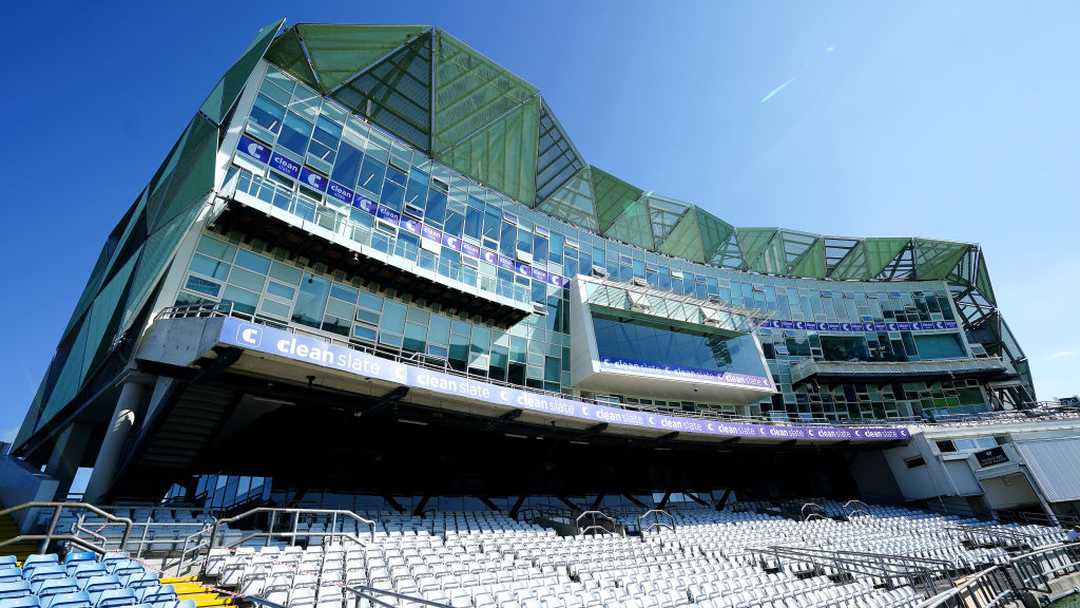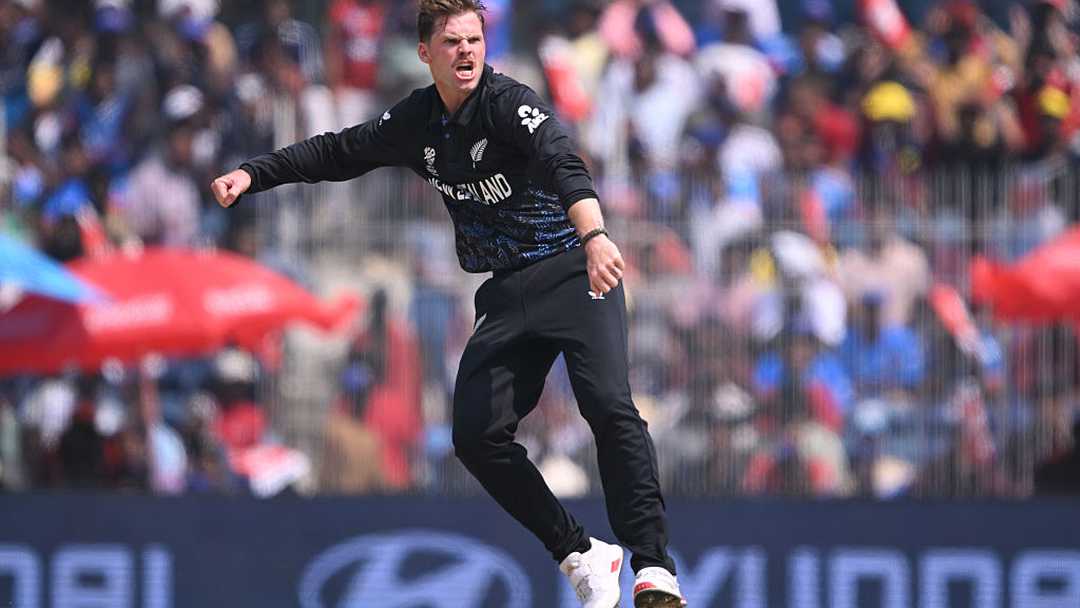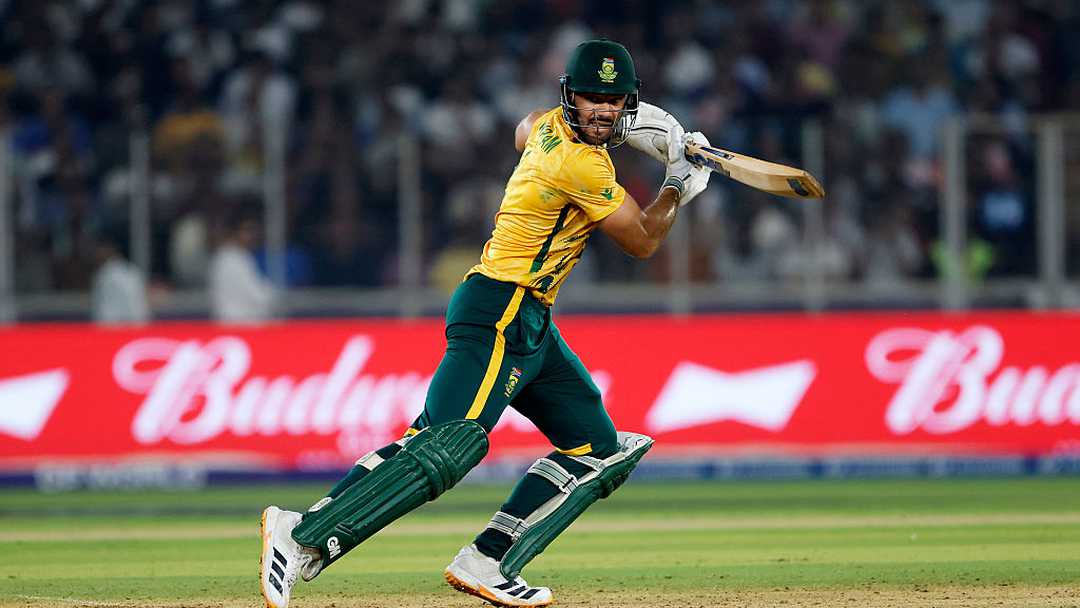
Silence before the charge: India, England and the wait that hangs
It's Monday afternoon, four days before the start of a highly anticipated five-Test series between India and England, but Headingley feels eerily quiet. The stadium, with its patchwork design, lacks a cohesive grandeur, with fragments from different eras sitting alongside each other. The Carnegie Pavilion, a sudden burst of ambition, stands out like a science faculty building that wandered onto the scene.
The atmosphere is subdued, with no grand fanfare to signal the impending contest. Even the ticket discussions are affected, with the absence of Virat Kohli's fiery presence felt. His sudden retirement has left a void, and the softened promo videos and billboards no longer carry his intensity.
The build-up to the series is unusual, with the English summer's centrepiece Test series not being the Ashes, but still a significant event. England's underwhelming season last year has added to the intrigue, while South Africa's recent victory in the World Cup has left a celebratory mood in the air.
However, the focus is shifting to the away Ashes later this year, which marks the final exam for Bazball, the McCullum-Stokes project. This India series, while crucial, feels almost incidental, a chapter in a larger story aimed at beating Australia in their own backyard.
India, too, are looking ahead, with this series being a crucial step in forging their identity for the next WTC cycle. The batting unit is in flux, with a new captain in Shubman Gill and a generation of cricketers auditioning for places and roles. The questions surrounding the team's composition are not just for this week, but for the next few years.
The quiet will soon give way to the familiar stir of a big Test series underway, as the teams take to the field on Friday.



